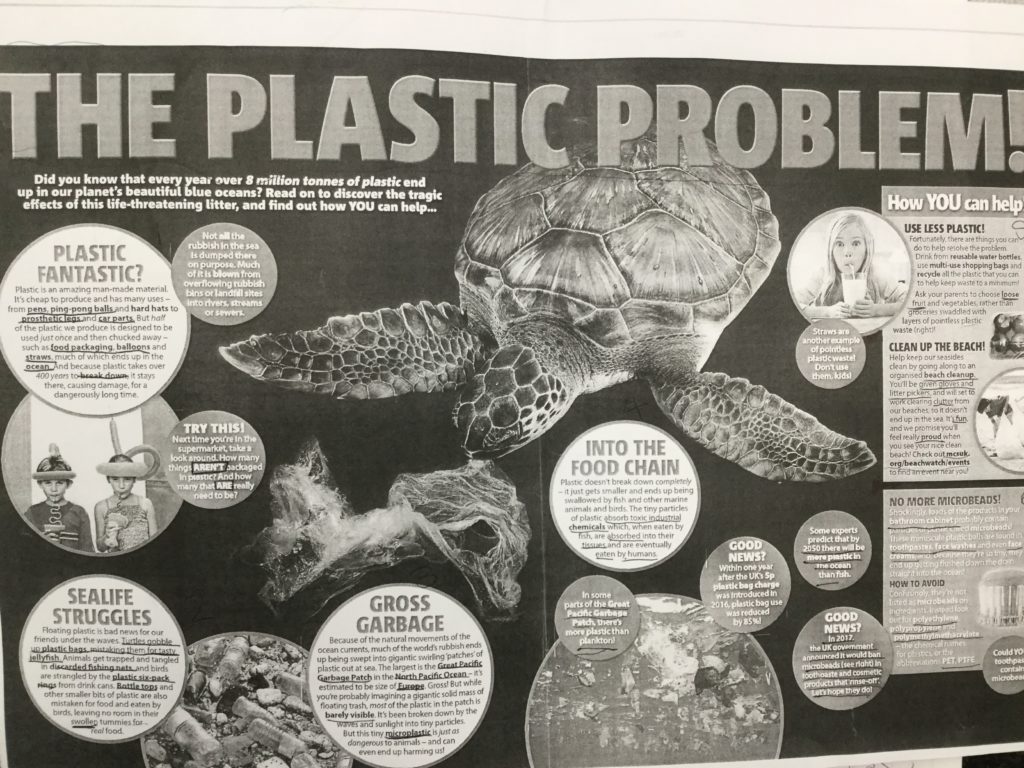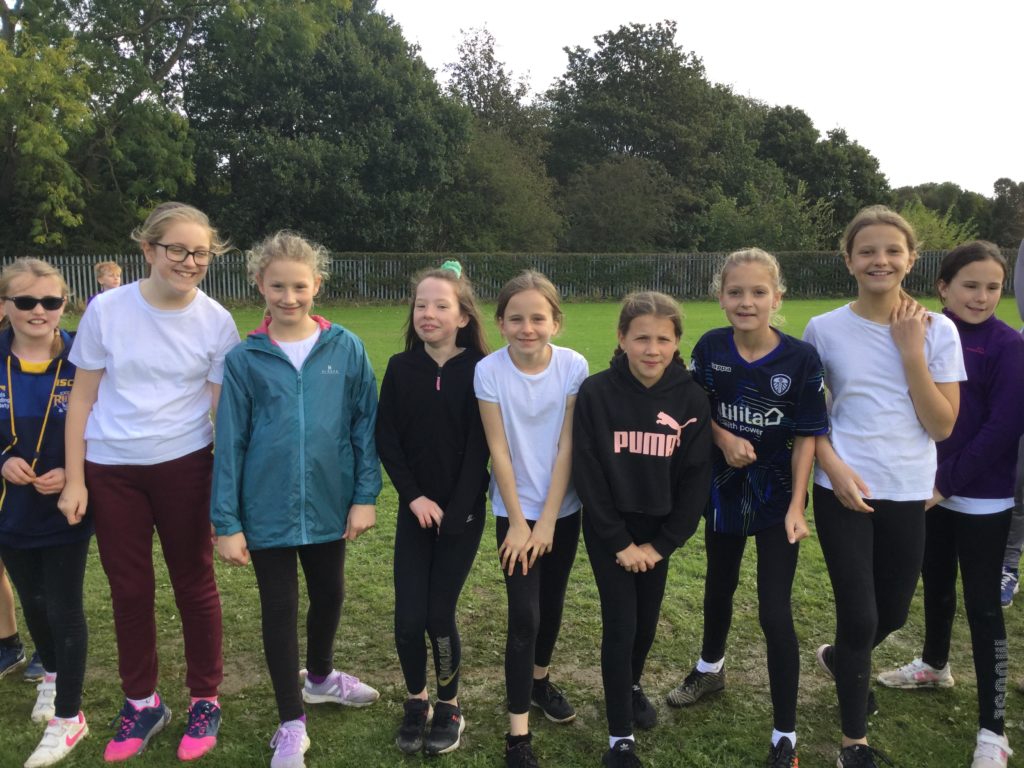This week, our homework is Practice Makes Perfect: I can use brackets to show parenthesis.
Recently, during our writing lessons, we’ve been learning to use brackets to show parenthesis. Parenthesis (shown by using brackets, dashes and commas) is extra information that is not essential for the sentence to make sense.
For example, if I was writing, ‘I went to the cinema last night to see a scary film.’
I could add extra information at the end and use brackets to show this.
I went to the cinema last night to see a scary film (Scary Film 3: The Return of the Scare Factor).
The name of the film is not needed but the parenthesis adds extra information.
For their homework this week, children should complete the worksheet they’ve been given – they should be able to do this on their own – by Thursday 24 October 2019.
worksheet:
Add brackets to the sentences below:
- Ellie my older sister lives in Manchester.
- Jupiter the largest planet is made of gas.
- The twins Ben and Billy have just played their first football match.
- The ambulance which had sirens blaring and lights flashing moved swiftly through the traffic.
- The student who was new to the school got lost to her first lesson.
Rewrite these sentences adding extra information to the main clause – use brackets to show parenthesis.
- The monstrous boy howled in the corridor.
- They walked down the corridor.
- Edward V. Vinctus was an interesting man.
Times Tables
This week, we will continue to focus on the 7x table. Children should be ready for a test on Thursday 24 October 2019. Here are a few examples of the kinds of questions children could be asked and the type of questions children could be practising in addition to the times table facts:
| 8 x 7000 =
______ = 700 x 20 0.7 x 60 =
|
56 ÷ 7 =
7700 ÷ 7 = _______ = 3.5 ÷ 7 |
How many sides would there be on…
9 heptagons? 90 heptagons? 900 heptagons? |








